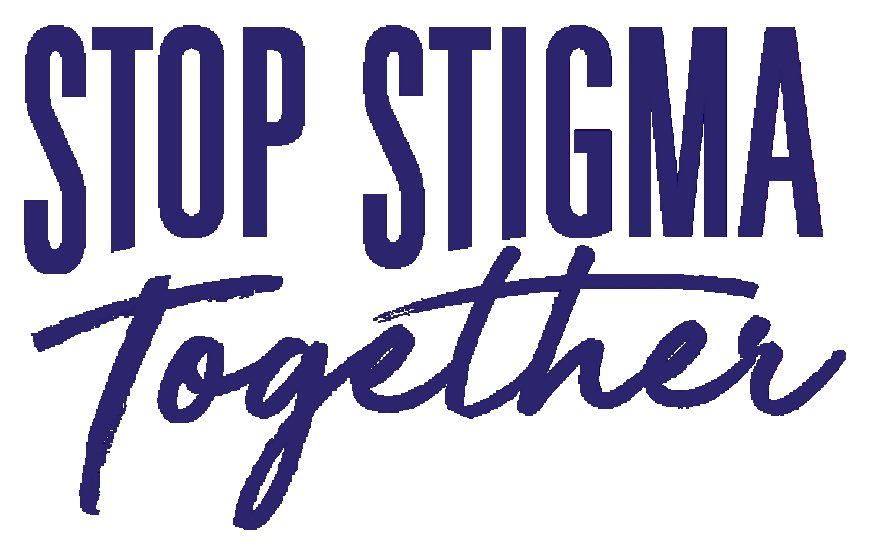Breaking the Silence: Addressing the Stigma Surrounding Disabilities
This article explores societal attitudes and misconceptions related to disabilities, discussing how stigma impacts self-esteem, mental health, and social inclusion for individuals with disabilities.

Disability is often framed through a lens of stigma—an intricate web of societal attitudes and misconceptions that can obscure the realities of living with a disability. Whether it’s a physical impairment, a mental health condition, or an unseen challenge, the stigma surrounding disabilities can significantly impact individuals’ self-esteem, mental health, and social inclusion. Let’s unpack this complex issue and explore the barriers that stigma creates in our society.
Understanding Disability Stigma
At its core, stigma involves negative attitudes and beliefs about a particular group. When it comes to disabilities, these misconceptions can manifest in various ways. Many people harbor unfounded fears about disabilities, associating them with weakness, dependency, or even danger. Such perceptions often lead to exclusion, discrimination, and social isolation.
The origins of disability stigma can be traced back to historical attitudes that viewed disabilities as shameful or as a result of personal failings. Despite advances in understanding and advocacy, these outdated beliefs continue to influence how society views and interacts with individuals with disabilities.
Impact on Self-Esteem

The effects of stigma on self-esteem are profound. When individuals with disabilities face negative societal attitudes, they may internalize these messages, leading to feelings of inadequacy and shame. This can manifest in self-doubt, anxiety, and even depression. For many, the struggle isn’t just with their disability; it’s with how they perceive themselves in a world that often treats them as “less than.”
Children and adolescents with disabilities are particularly vulnerable. Stigma can affect their development, shaping how they see themselves and their potential. Bullying and exclusion from social activities can lead to lasting impacts on their self-worth, making it crucial for society to foster supportive and inclusive environments.
Mental Health Consequences
Stigma doesn’t just affect self-esteem; it also has significant implications for mental health. Individuals with disabilities are at a higher risk for mental health disorders due to the pressures and challenges posed by societal attitudes. The constant battle against prejudice can contribute to chronic stress, anxiety, and depression.
For example, a person with a mental health condition may avoid seeking help due to fears of being judged or labeled. This reluctance can exacerbate their condition, creating a vicious cycle that reinforces stigma. Promoting open discussions about mental health and disability is essential to breaking down these barriers and encouraging individuals to seek the support they need.
Barriers to Social Inclusion
Social inclusion is another area profoundly affected by disability stigma. Individuals with disabilities often face significant challenges in accessing community spaces, employment, and social activities. Negative stereotypes can lead to exclusionary practices in schools, workplaces, and social settings, reinforcing the idea that people with disabilities are “other.”
This lack of inclusion not only affects individuals’ quality of life but also deprives society of diverse perspectives and talents. When communities embrace inclusion, everyone benefits. By fostering environments where individuals with disabilities are seen, heard, and valued, we can combat stigma and create a more equitable society.
Moving Toward Change
Addressing the stigma surrounding disabilities requires a multifaceted approach. Education plays a vital role in changing societal attitudes. By raising awareness and promoting understanding of disabilities, we can challenge misconceptions and foster empathy.
Advocacy is also crucial. Individuals with disabilities, their families, and allies must continue to advocate for their rights and representation in all aspects of life. This includes pushing for policies that promote accessibility and inclusion in education, employment, and community spaces.
Conclusion
The stigma surrounding disabilities is a pervasive issue that affects self-esteem, mental health, and social inclusion. By recognizing and addressing these societal attitudes and misconceptions, we can pave the way for a more inclusive and supportive world. It’s time to break the silence, challenge stigma, and celebrate the diverse abilities that enrich our communities. Together, we can foster understanding and create a society where everyone has the opportunity to thrive, regardless of their abilities.
What's Your Reaction?





































































































